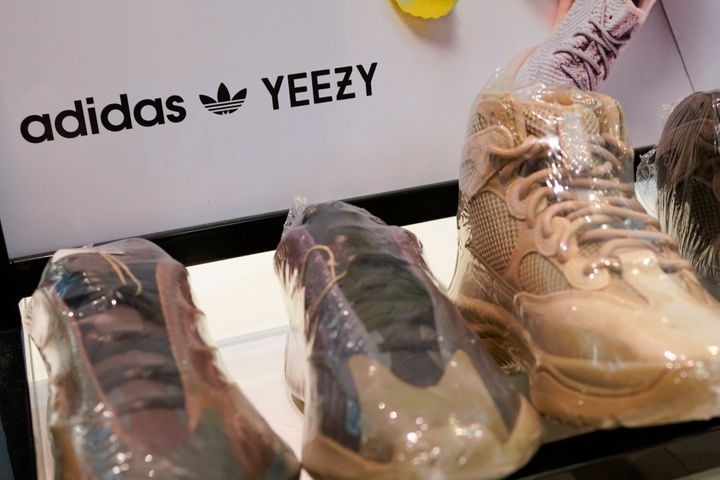A fashion brand owned by Ye, the artist formerly known as Kanye West, owes California at least $600,000 in unpaid taxes, NBC News reported Wednesday, adding to the rapper’s growing financial woes as he loses business deals over recent antisemitic comments.
Yeezy Apparel has received multiple tax lien notices from the state since mid-2021, according to government records reviewed by NBC News. On its website, the state’s Franchise Tax Board says that a tax lien — a legal claim against the assets of an individual or business — is filed when a taxpayer fails to “respond to our letters, pay in full, or set a payment plan.”
Separate notices were sent in July 2021 (for $13,999) as well as in February ($279,085) and September ($321,591) of this year, Forbes reported.
“Multiple California tax liens, adding up to $600,000, that’s certainly a sign of either extreme incompetence or extreme cash problems,” Edward McCaffery, a law professor at the University of Southern California, told NBC News.
Meanwhile, four active state tax liens — totaling $42,097 — are filed against the Kanye West Foundation, a charity that Ye launched to improve school dropout numbers, according to Forbes.
The rapper has been vocal about many of his financial issues recently. In an interview with right-wing podcaster Tim Pool last week, he said that four of his bank accounts were put on a $75 million hold and that he owes $50 million in taxes, according to NBC News.
Ye also agreed to pay $200,000 monthly in child support as part of a divorce settlement last month with media personality Kim Kardashian.
Meanwhile, Adidas terminated its partnership with the rapper in October after he publicly made a series of antisemitic remarks. Forbes then removed Ye from its billionaires list, estimating his worth at only $400 million. Companies such as Balenciaga, Gap and Foot Locker have also cut ties with Ye and his fashion brand.
Yeezy Apparel has operated in California since 2017. Forbes reported in 2019 that Ye fully owned the company, which brought in an estimated $1.3 billion that year.

